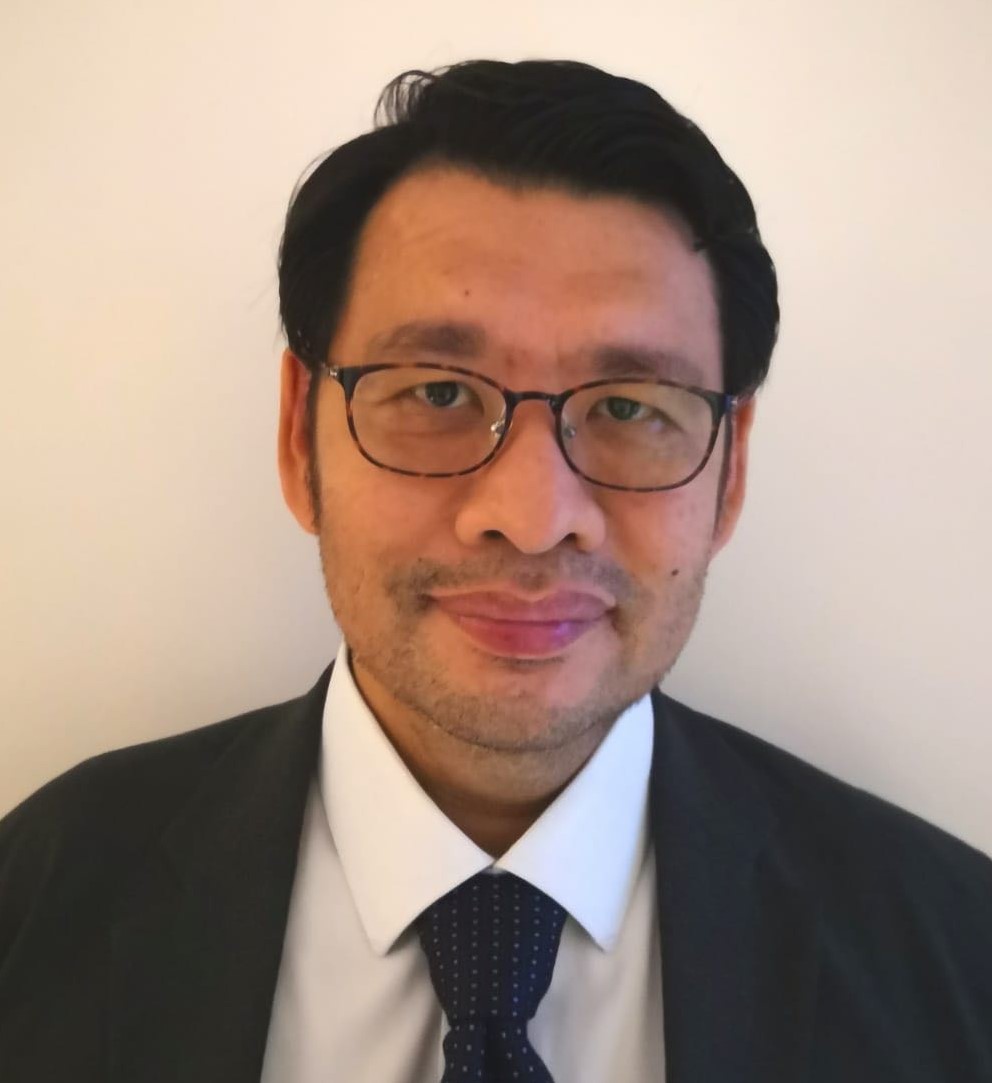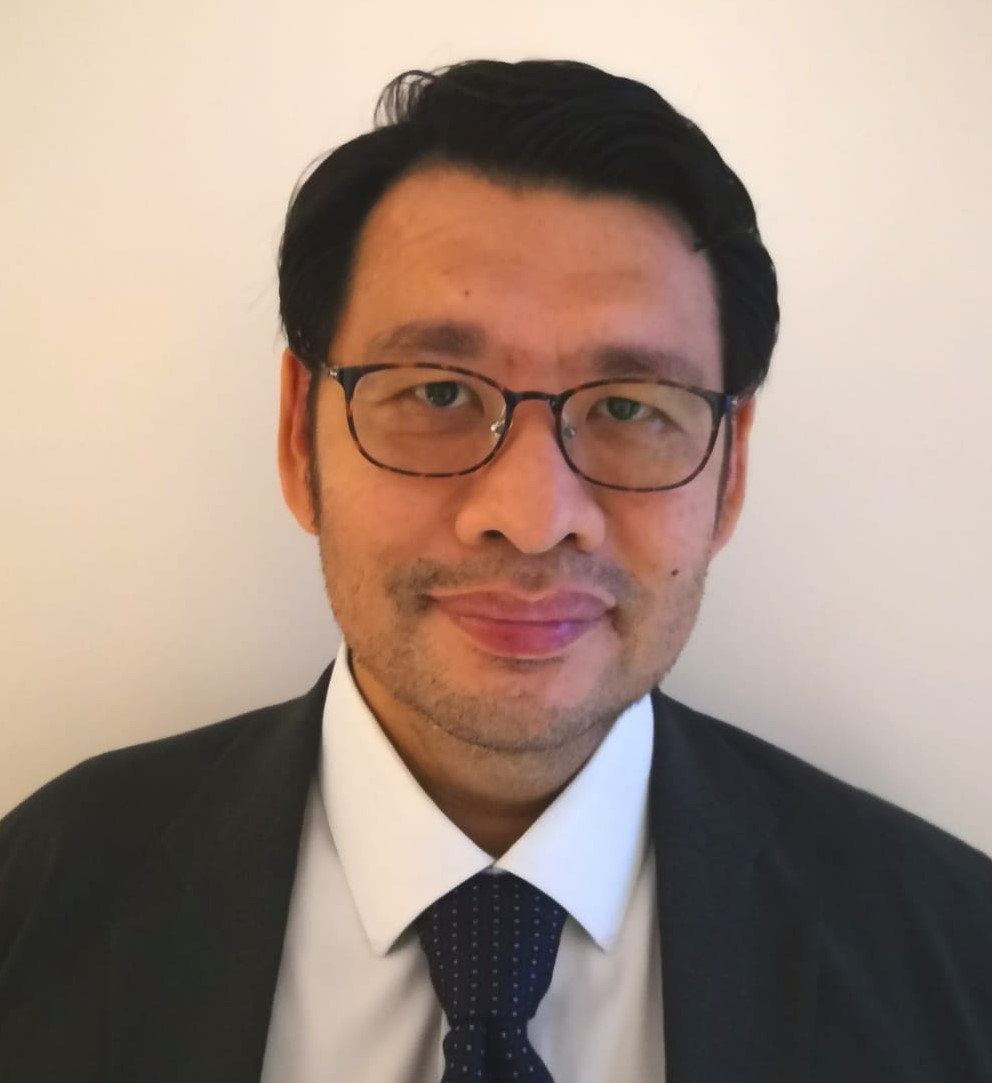Musings on Philosophy, Ethics and Education from a Singaporean Philosopher
Editor’s note:
In the post-epidemic era, never have we felt such an urgent need to strengthen mutual trust and communication among different countries and cultures, whether it’s on medicine, the economy or education. Philosophy, an ancient but perennial subject which aims to seek out the ultimate truth for all human beings, could serve as a great bridge for people from different backgrounds and cultures to mutually talk and listen.
Jude Chua Soo Meng, Associate Professor and Head at Policy, Curriculum and Leadership, National Institute of Education, Nanyang Technological University, Singapore, shared some of his musings on philosophy, ethics and education, which may bring some refreshing ideas on how we should perceive education and education policies, and in which aspects in Eastern and Western philosophies may differ from each other or could mutually support each other, not to mention providing some inspiration on how we should understand education and what “good” education should be. Besides, his thoughts and research on Eastern and Western philosophies reminds us that we are living in a world that is as diversified as it could be and that there does not exist only one thought or ideology, noting that inclusiveness is the key to building a community of shared future for mankind.


Associate Professor Jude Chua Soo Meng
Musings on Philosophy, Ethics and Education
For many years I have been interested in philosophy, ethics and education. Many of my students often ask me why I have been so interested in these topics. We can begin with the question by probing why “education” is an important topic worth our attention.
A discipline that is especially interested in this question is philosophy. Therefore, when confronted with a field like education, philosophers will have something to say about its value and importance, if indeed there is something in that direction. But a philosophical consideration of a field like education might be keen to broaden any artificially narrow conception of what education is, before it proceeds to unpack education’s significance, and the significance of the study of education by implication.
We are indebted to Plato, among others, for pushing us in that direction. In the Allegory of the Cave in The Republic, Plato tells a story about a man who had for a long time been trapped in a cave but one day had the opportunity to exit the cave to see what was outside. Fascinated by his amazing experience, he returned to the cave to tell his friends, hoping to lead them out of the cave to see and seek out the wondrous things he himself has witnessed. The themes underscored in this story invite us to think about education not as classroom practice merely, but generally as the activity or process by which we are led to encounter what is truly wondrous and choice-worthy.
This approach to education invites more questions than it furnishes answers. But we are presently in a better position to ask the crucial questions that now can be asked: What are these truly wondrous and choice-worthy things that education should lead us towards? When we proceed forward in this way, we are in the realm of ethics, which enquires after the wondrous and choice-worthy things. The ethical investigation of these wondrous and choice-worthy things, in order to uncover what they are, and whether they exist, makes ethics an important field of study that we should not neglect, lest our lives miss out on what most needs to be sought and done. But education and ethics are intimately related, as indicated above. Thus, it is also this relationship that helps to ground the importance of the study of education.
Such an intimate relationship between education and ethics inevitably entails a subversive sense of what education is. Even if we do not agree with Plato’s own metaphysical belief in the world of forms where perfect knowledge had once been obtainable, or how for him education meant being led towards the recollection of such knowledge, we cannot easily disregard the invitation to question the conventional goals pursued by those trapped in the cave. Whatever we currently think is worth pursuing, a philosophy of education presses us to interrogate that, and to ask if we have missed out on anything. Where and what are we being led to seek and do? Are these educational aspirations truly on the mark? But to interrogate well means that we do not do it all alone – we can stand on the shoulders of giants, to have a better view.
My own sympathies lie with the questions and answers posed by Thomas Aquinas, a medieval thinker I have spent quite some time following, because I find his ideas stimulating. His ideas about ethics have been recently retrieved by John Finnis, Germain Grisez and Joseph Boyle and I draw on them to inform my own thinking about education. This retrieval of Aquinas’ ethical theory is called the “New Natural Law Theory” (NNLT) in academic scholarship.
NNLT argues that there is a plurality of basic values worth seeking that human intelligence can grasp. What are these choice-worthy values? NNLT points out at least seven values that ought to be sought and promoted for their own sakes: truthful knowledge, friendship, life, skillful play, aesthetic experience, practical reasonableness, and religion. Attentiveness to such a wholesome account of what a flourishing and happy human existence can enjoy and pursue is attractive to those keen to avoid the exaggerated obsession with one kind of “good” aim in life – or worse, when that one apparent “good” aim turns out, in the end, to not satisfy oneself or to not lead to human flourishing. Woe therefore to our children set on the wrong direction by any education system that, through words and signals, beckons them to waste their lives chasing the vain and futile.
NNLT and its defense of a plurality of values is relevant today. Many scholars point out that we are in the grip of a neoliberal milieu. The term “neoliberalism” can mean several different things. But a common idea is that we are driven in large part to pursue objectives that need to be interrogated and challenged, because they do not seem to instantiate real “goods.” Indeed, the obsessive quest under terrors of performativity to achieve these objectives risks seeing real “goods” being displaced or sacrificed.
I noticed that the Ministry of Education of Singapore has been very conscious of a kind of excessive focus on academic achievements in our children – or at least, it is an excessive focus they are keen to address where it exists. There has been the interrogation of that kind of scenario, accompanied by the invitation to steer our children towards achieving other skills and habits. So for example, there has been the call to re-direct attention on character development and well-being in schools. This is all rather consistent with NNLT’s invitation to consider the plurality of values which make up human flourishing, and NNLT can be deployed to join that interrogation.
Philosophy East and West
Some of my students are from China and they are keen to understand how Chinese philosophy and Western philosophy can be compared and contrasted. This is a very interesting topic.
China’s philosophical heritage is a very rich one. I do not presume to be able to fully address this topic. But I can share my admiration for the “xuan-xue” reading of Daoism, which I find to be philosophically interesting. When read through the commentarial interpretation of the young genius Wang Bi (226-249, a Chinese philosopher and politician who is known for his commentaries on the Confucius Analects, I Ching and the Tao Te Ching), the Laozi provides several insights for me. It makes the case for a Dao that is the transcendent, mothering source of the world, and at the same time ensures the harmony in it without visible or imperious exertion. At the same time it points out that there are some practical approaches to governance that are arguably beneficial and effective, and these approaches can be observed to mirror this non-interventionist, gentle approach of the Dao. In this way, the suggestion is that good governance can be said to be a kind of modelling of the Dao.
Now, whether or not one agrees with the Daoist suggestions for good governance, the fact remains that there is, in plain sight, the affirmation in the Laozi of a metaphysically transcendent Dao, which invites further clarification. This is a fascinating central theme in Chinese philosophy, which also includes Confucianism. Sometimes Confucianism is read as if focused purely on the practical here and now, and not serious about ideas concerning the transcendent. But the xuan-xue tradition makes a case otherwise: It explains Confucius’ silence on these matters not as a gesture of incredulity about the metaphysical; rather, it takes Confucius to be more astute than Laozi, in that he was keen to avoid having a situation where his followers ended up wrangling over his maxims about these elevated truths, and so instead wanted to remain silent about them.
The effort to give a metaphysical account of such a reality, or at the very least, the implicit acceptance of such a reality, marks the way in which Chinese philosophy can be both contrasted with and also compared with Western philosophy. Modern philosophy in the West has, arguably since the Enlightenment, developed in a direction which eventually saw the eschewing of metaphysics. One could point out that this is very visible in Rene Descartes whose philosophical meditations promoted a kind of reduction of reality to the “thinking thing” enveloped by a veil of radical skepticism unable to affirm clear and distinct truths about the external physical world, and therefore, unable to comment on the metaphysical.
Yet it is also this Chinese philosophical affirmation of a transcendent metaphysical reality, whether by word or deed, that resonates with Western philosophers, particularly those who are keen to break free of that Cartesian subjectivism, and those who are keen to affirm metaphysical truths, albeit carefully. Thus, for example, the later Martin Heidegger (as read by Richard Capobianco) constantly focused his attention on Being, a concept which for him is not the construction of our consciousness. Heidegger, influenced as he was by Aristotle through Franz Brentano, was giving an account of a metaphysical reality that is not synonymous with the projection of our meaning-making consciousness, but is over and above that. Some scholarship has also suggested that Heidegger had hidden Asian influence.
Just as foreign to this Cartesian or anti-metaphysical mindset is the thought of Thomas Aquinas. Aquinas’ reception of Aristotle led him to affirm the reality of “relations,” which connects the manifestative world to our minds (as read by John Deely). This presents a dynamic and informing world that engages our minds and thus is very different from the futile groping of a Cartesian consciousness. Further, Aquinas’ reception both of Aristotle and Neoplatonism also led him to develop an original metaphysical account of God as Existence (Esse) unlimited by any determining essence or structure. The affirmation in the Laozi that the Dao is itself without a “form” or an “essential structure” is fascinating when making a comparison that resonates with what Aquinas had to say.
Of course, we should not be so naive as to think that they are in agreement on every detail. Yet still, the openness to metaphysical thinking in strands of Western thought is an exciting and important trajectory that I think could be welcomed by Chinese philosophy. I would suggest that this can be especially the case for the xuan-xue school of Daoism, since many of its scholars engaged in qing-tan (a Chinese philosophical movement and social practice among political and intellectual elites involving "pure conversation" concerning metaphysics and philosophy in the form of informal gatherings for discourse and debate), a kind of open-minded discussion of topics that was of interest to them, and with many of their discussions obviously probing into metaphysical mysteries!
Associate Professor Jude Chua Soo Meng is the Head at Policy, Curriculum and Leadership, National Institute of Education, Nanyang Technological University, Singapore. The article reflects the author's opinions and not necessarily represent the stance of NIE, the Ministry of Education of Singapore, or the views of People’s Daily Online.
The interview was conducted and edited by Yang Xina, a postgraduate student at the Nanyang Technological University, who is majoring in educational management.
Read the ORIGINAL article here.
Source: 2021 People's Daily Online. All Rights Reserved.


.tmb-listing.jpg?Culture=en&sfvrsn=13b00373_1)




.tmb-listing.jpg?Culture=en&sfvrsn=2fc01c67_1)